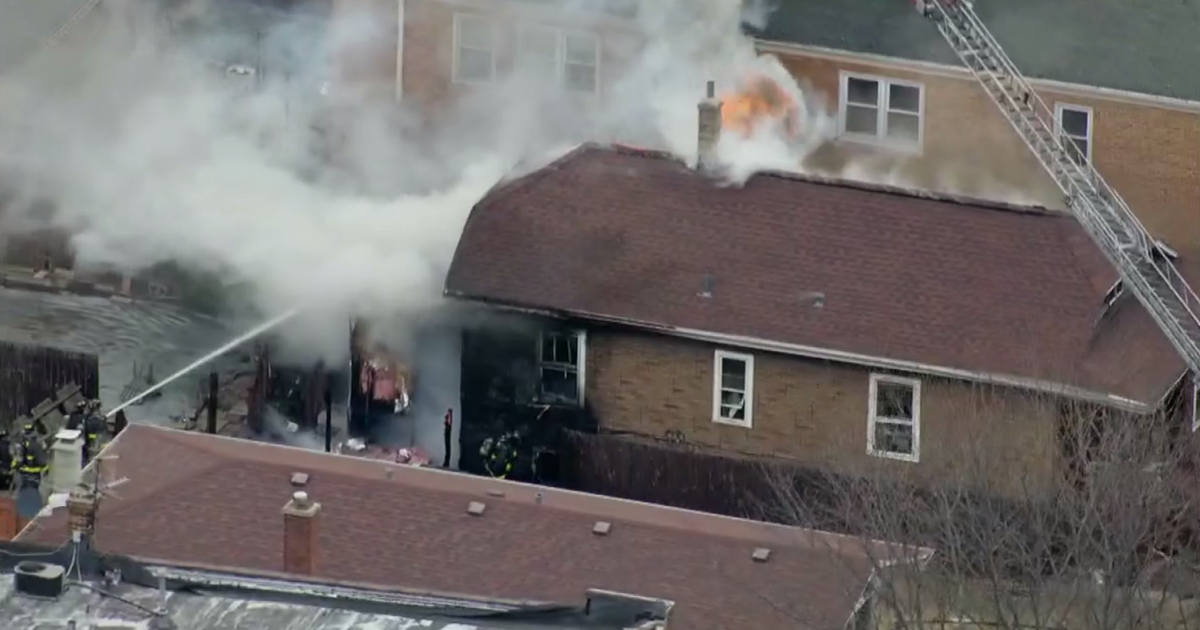'Urban' Beekeeping Becoming Popular In Boston Area
Urban beekeeping is a growing hobby in Greater Boston.
"They consume you on so many levels. I go to my beehive when I have a great story to tell, and I go to my beehive when I'm sad," avid beekeeper and owner of The Beekeeper's Warehouse in Woburn, Nancy Mangion told WBZ NewsRadio 1030's Mary Blake.
Mangion gives seminars on beekeeping and often works with new beekeepers, helping them separate swarms and harvest the honey.
Amy Bryon was a recent seminar attendee.
"One of my major goals in life is to own a farm with 20 acres and have cows, and chickens and bees. Right now, I'm learning about bees," Byron said.
Byron had many questions about the worldwide bee collapse, called Colony Collapse Disorder.
Mangion says there are three factors involved.
First, an invasive parasitic mite e has been decimating hives.
Second, the mass pollination of different crops all over the country has been stressful on hives as they're moved across the country on big trucks.
Third, the bees are given a uni-pollen diet. "It's like eating only popcorn all day long," says Mangion.
Mangion says when she first started beekeeping 30 years ago there were lots of wild hives.
Now, she says, there are none.
"If you see bees in your garden, you probably live within three miles of someone who is trying to combat this problem and probably bought a bee hive," she said.
Mangion's Beekeeper's Warehouse in Woburn carries all sorts of bee paraphernalia.
You walk through her very eclectic store, and can find all sorts of bee-themed items.
She has teapots, salt and pepper shakers, puppets and lamps. She also has an extensive honey collection that includes more than 400 jars of honey from all over the world.
"No two jars are alike, and no two tastes are alike. Honey is essentially dehydrated flower juice," Mangion says.
Mangion's bees are Italian bees and she tries to keep ten productive hives going at one time.
WBZ NewsRadio 1030's Mary Blake reports
Podcast
Another local beekeeper, John Miley of Belmont has 30 hives, scattered in Plainville, Dover and Concord.
He has just a couple in his backyard. He enjoys the natural science aspect of beekeeping most.
"Breeding queens and dividing and nurturing colonies is the most fun," Miley says.
More from WBZ NewsRadio 1030's Mary Blake
Podcast
Another urban beekeeper is the Seaport Hotel in South Boston. Jim Carmody is the hotel's General Manager. "We heard about the Colony Collapse Disorder and the implications it has on the food supply throughout the world. Bees are very important and sometimes that's not recognized," he said.
The Seaport Hotel harvested 100 pounds of honey this past season and currently uses it in its tea, cooking recipes, even bar drinks.







